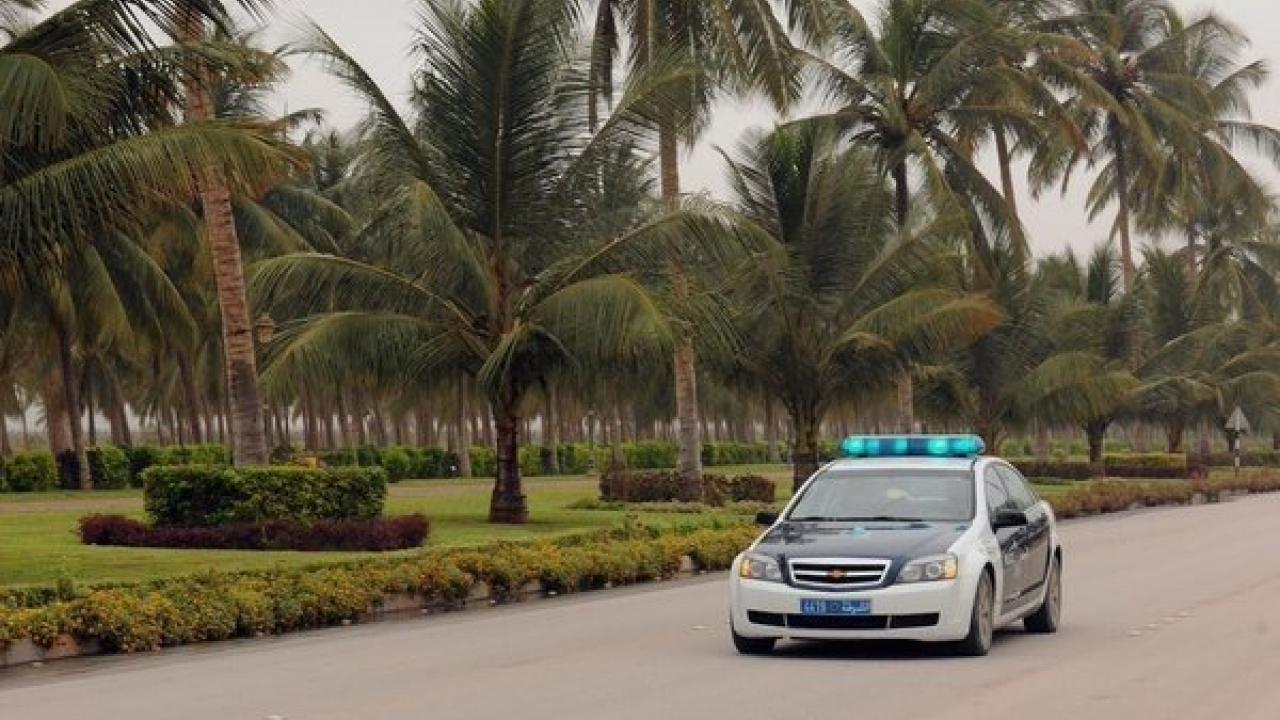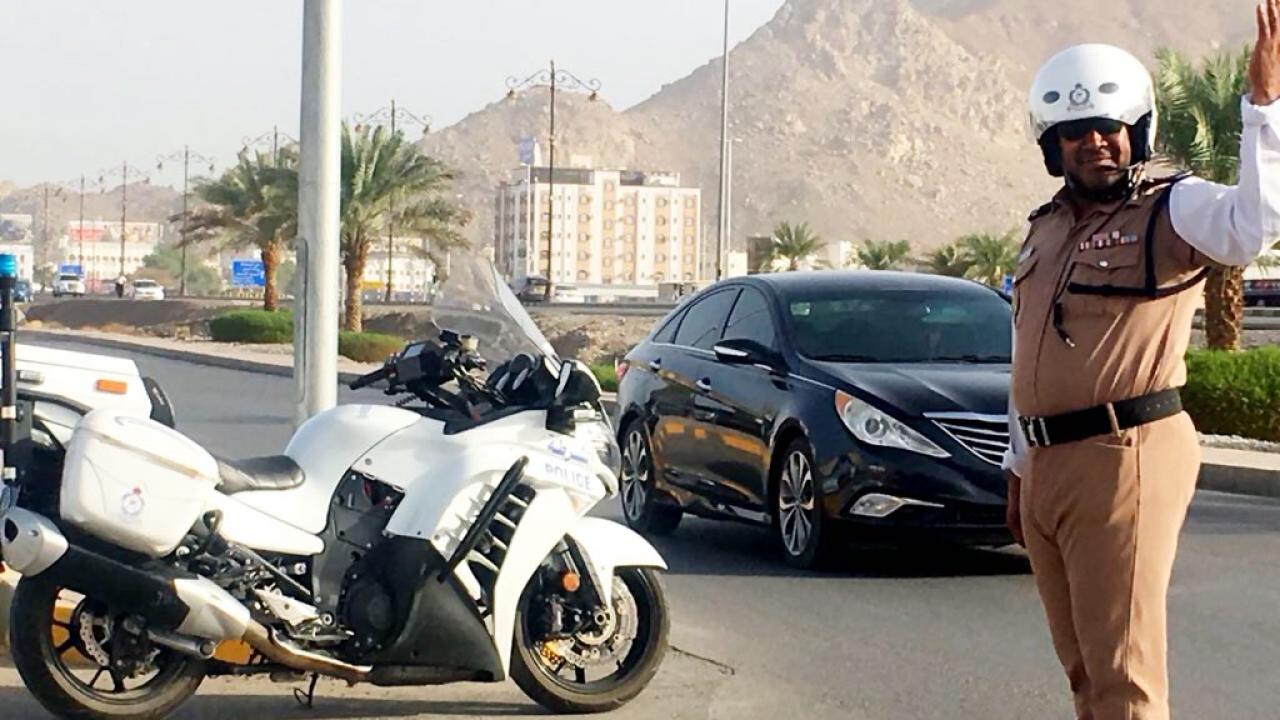Tuesday, August 18, 2020
Royal Oman Police embarks upon a globally pioneering simulation project
As we’ve said before, simulator-based training has been making headway over the last few decades and found its way into a huge variety of activities which are crucial to people's daily lives. In terms of transport, aerial and naval simulation have been used for many years and are now a totally consolidated part of training for these two modes of transport. The railways followed suit some time ago, and it is increasingly harder to find rail operators for which driving or operation simulators are not a key part of their training.
As a result – and continuation – of the above, over recent years we have seen a growth in the use of simulation in a new market: motor vehicles. Numerous public bus operators, police forces, logistics companies, insurance firms and other entities have been using at least one simulator for their driver training for years now. Their goal? To turn their drivers into more capable professionals and train them to react to any unforeseen event when behind the wheel.
Six years ago, the Royal Oman Police (ROP) told us of its vision to turn its beautiful country on the Arabian Peninsula into a global leader in simulation. The Traffic Department of the ROP, which is in charge of driver training and licences, saw Oman as a country in which every citizen wishing to obtain a driving licence could receive training in one of 11 driving centres that the ROP wanted to instal across the country’s 11 governorates. In a country with a medium-high road accident rate, this decision by the ROP seemed a necessary and smart move to help improve the quality of driving on the sultanate’s roads and drastically improve road safety in the medium-long term.
A project of this scale would require a long time to fully mature, as well as detailed analysis of the state of the technology. Over the last six years, the ROP has been studying simulation, conducting small pilot tests and seeking guidance throughout on the possibilities that simulators could offer the people of Oman.
The process culminated last July with the start of a project in which the ROP, LANDER and our Omani partner, Al Asala, will create various training centres in the sultanate. In total, the ROP and the people of Oman will have 24 car and 2 motorbike simulators, thus realising the ROP’s vision from more than six years ago.
We are sure that this experience will provide a model so that many other countries can continue working towards the use of simulation. Safety and efficiency are crucial aspects of driving, and technologies which have been used for years as a model in other modes of transport will, in the near future, play an equal or even more important role on roads across the globe.
We would like to thank the Royal Oman Police for trusting in LANDER and Al Asala as partners for turning its dream into a global benchmark.


